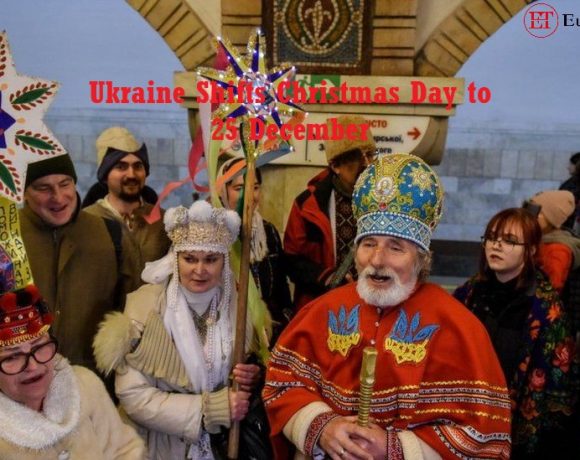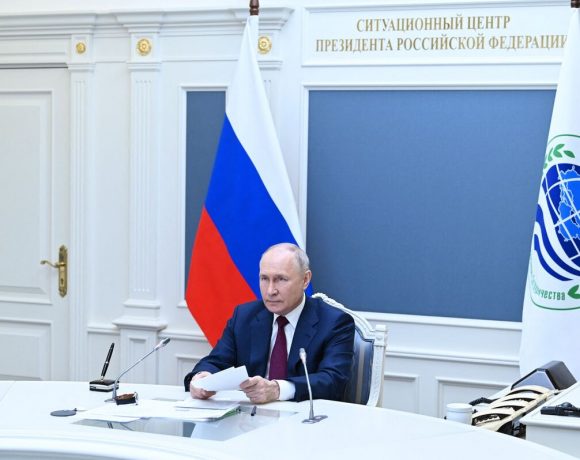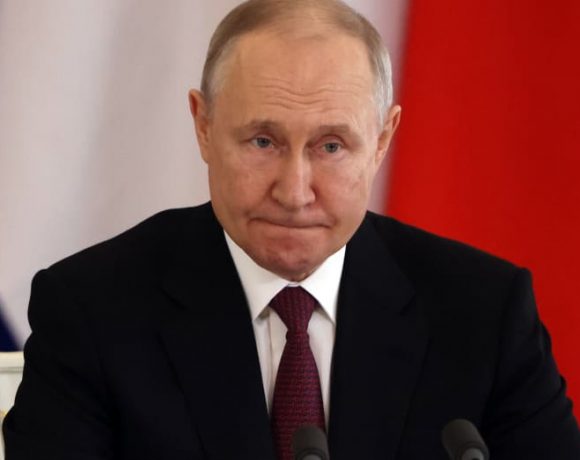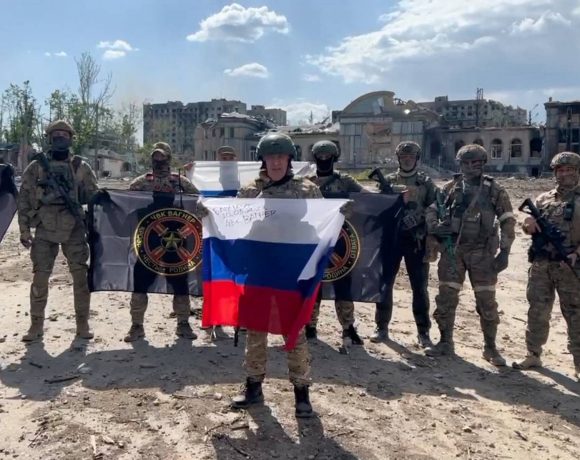
Ukraine has officially changed its state holiday for Christmas Day from 7 January to 25 December, with the aim of distancing itself from Russian influence. President Volodymyr Zelensky signed a bill into law to abandon the Russian heritage of imposing Christmas celebrations on the country. This move is part of Ukraine’s broader efforts to sever religious, cultural, and other ties with Russia and align itself more closely with Western values. The decision came in the wake of Russia’s full-scale invasion of Ukraine in 2022. The legislation also shifted two other state holidays – Day of Ukrainian Statehood and Defenders’ Day – to different dates. The Russian government has not issued any public comments on the matter.
Historically, imperial Russia and later the Soviet Union attempted to exert control over Ukraine, including imposing the authority of the Russian Orthodox Church over Ukrainian churches. However, in 2019, the newly established Orthodox Church of Ukraine (OCU) gained independence from the Russian Orthodox Church, leading to tensions between the two branches. The OCU has now officially adopted the Gregorian calendar used by most of the world, resulting in the celebration of Christmas on 25 December instead of 7 January.
While many Ukrainian worshippers have joined the OCU in recent years, there are still millions who follow the Ukrainian Orthodox Church (UOC), the other established branch in the country. The UOC has not commented on Ukraine’s decision to move Christmas Day.
In addition to the change in Christmas Day, Ukraine has taken other measures to distance itself from Russia, such as renaming streets with links to Russian and Soviet historical figures, removing certain monuments, and banning Russian films made after 2014. These actions followed Russia’s annexation of Crimea in March 2014.
Picture Courtesy: Google/images are subject to copyright



